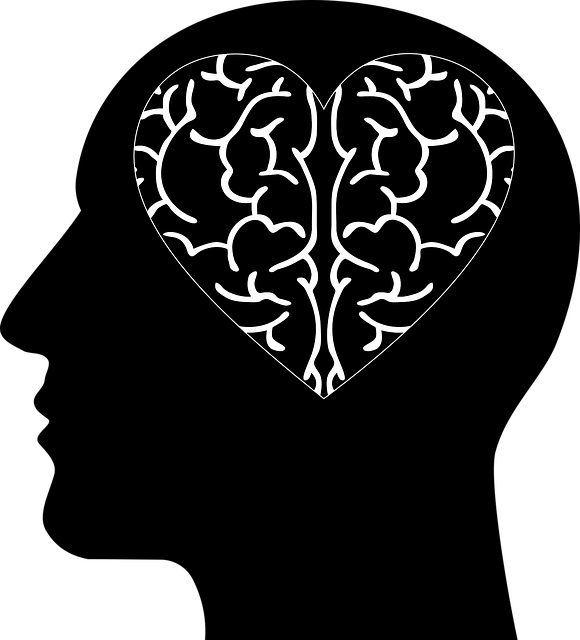Boulder Trauma Therapy (BTT) offers stress management workshops combining education, interactive activities, and mindfulness meditation to equip individuals with emotional intelligence and communication strategies for tackling life's demands. These evidence-based practices, including Cognitive Behavioral Therapy (CBT), foster open dialogue in safe, culturally sensitive environments, empowering participants to manage stress effectively, reduce anxiety, and enhance their overall quality of life. BTT prioritizes participant satisfaction, behavioral changes, and long-term adherence through post-workshop surveys, follow-ups, and community feedback, driving continuous improvement within their Community Outreach Program.
Stress management workshops are gaining prominence as effective tools for personal growth and well-being. In today’s fast-paced world, understanding and addressing stress is crucial. This article explores the need for such workshops, offering insights into designing engaging sessions with strategies like mindfulness and relaxation techniques. We delve into creating safe spaces, leveraging Boulder Trauma Therapy to foster support, and measuring success through participant outcomes. By the end, readers will grasp the transformative power of these workshops.
- Understanding Stress and Its Impact: Unveiling the Need for Workshops
- Designing Effective Stress Management Workshops: Strategies and Techniques
- Creating a Safe and Supportive Environment: The Role of Boulder Trauma Therapy
- Measuring Success and Long-Term Benefits: Evaluating Workshop Outcomes
Understanding Stress and Its Impact: Unveiling the Need for Workshops

Stress is an inevitable part of life, but understanding its origins and impact is crucial for managing it effectively. In today’s fast-paced world, individuals often face numerous demands that can lead to heightened stress levels, affecting both mental and physical well-being. This is where Boulder Trauma Therapy steps in, recognizing the pressing need for accessible solutions.
Workshops on stress management offer a structured approach to empowering individuals with emotional intelligence and communication strategies. By participating in these sessions, attendees learn valuable stress reduction methods tailored to their unique experiences. Through interactive activities and expert guidance, they gain insights into managing triggers, improving resilience, and fostering healthier coping mechanisms.
Designing Effective Stress Management Workshops: Strategies and Techniques

Effective stress management workshops are meticulously designed to equip participants with practical tools and techniques for navigating life’s challenges. These workshops often blend educational components with interactive activities, ensuring a dynamic learning environment. Facilitators, like those at Boulder Trauma Therapy, employ evidence-based practices such as Cognitive Behavioral Therapy (CBT) to help individuals identify and modify negative thought patterns contributing to stress.
Communication strategies are another cornerstone of successful workshops. Encouraging open dialogue and safe spaces for sharing helps participants build resilience through mutual support. Incorporating mindfulness meditation techniques allows attendees to cultivate present-moment awareness, fostering emotional regulation and well-being promotion. Through a combination of theoretical knowledge, skill-building exercises, and peer interaction, these workshops empower individuals to manage stress effectively and enhance their overall quality of life.
Creating a Safe and Supportive Environment: The Role of Boulder Trauma Therapy

Creating a safe and supportive environment is paramount for effective stress management workshops. Boulder Trauma Therapy (BTT) offers valuable insights into fostering such spaces, emphasizing the importance of cultural sensitivity in mental healthcare practice. By understanding and addressing the diverse trauma experiences of participants, BTT ensures that workshops are inclusive and cater to individual needs. This approach not only enhances anxiety relief but also promotes a deeper sense of connection and understanding among attendees.
Integrating BTT principles into workshop design encourages facilitators to consider public awareness campaigns development as a means to normalize conversations around stress and trauma. By creating environments where participants feel seen, heard, and validated, workshops can become powerful tools for personal growth and community building. This holistic approach leverages the power of therapy to revolutionize stress management practices, ultimately empowering individuals to navigate life’s challenges with resilience and grace.
Measuring Success and Long-Term Benefits: Evaluating Workshop Outcomes

Measuring success and evaluating outcomes are crucial aspects of any workshop organization, especially when addressing sensitive topics like stress management in a community setting. At Boulder Trauma Therapy, we understand that quantifying the impact of our workshops goes beyond attendance numbers. A successful workshop implementation involves gauging participant satisfaction, tracking behavioral changes, and assessing long-term adherence to learned stress reduction methods.
Through post-workshop surveys, individual follow-ups, and community feedback mechanisms, we collect valuable insights into the effectiveness of our programs. This includes measuring improvements in mental well-being, reductions in stress levels, and increased awareness of healthy coping strategies. The data collected from these evaluations guides our continuous improvement efforts, ensuring that our Community Outreach Program Implementation aligns with the Crisis Intervention Guidance we offer, ultimately fostering sustainable positive change within the community.
Stress management workshops, enriched with strategies from Boulder Trauma Therapy, emerge as powerful tools in navigating modern life’s challenges. By understanding stress and its impact, designing effective sessions, fostering safe environments, and measuring long-term benefits, these workshops empower individuals to thrive. Integrating evidence-based techniques allows for lasting positive changes, enhancing overall well-being.














